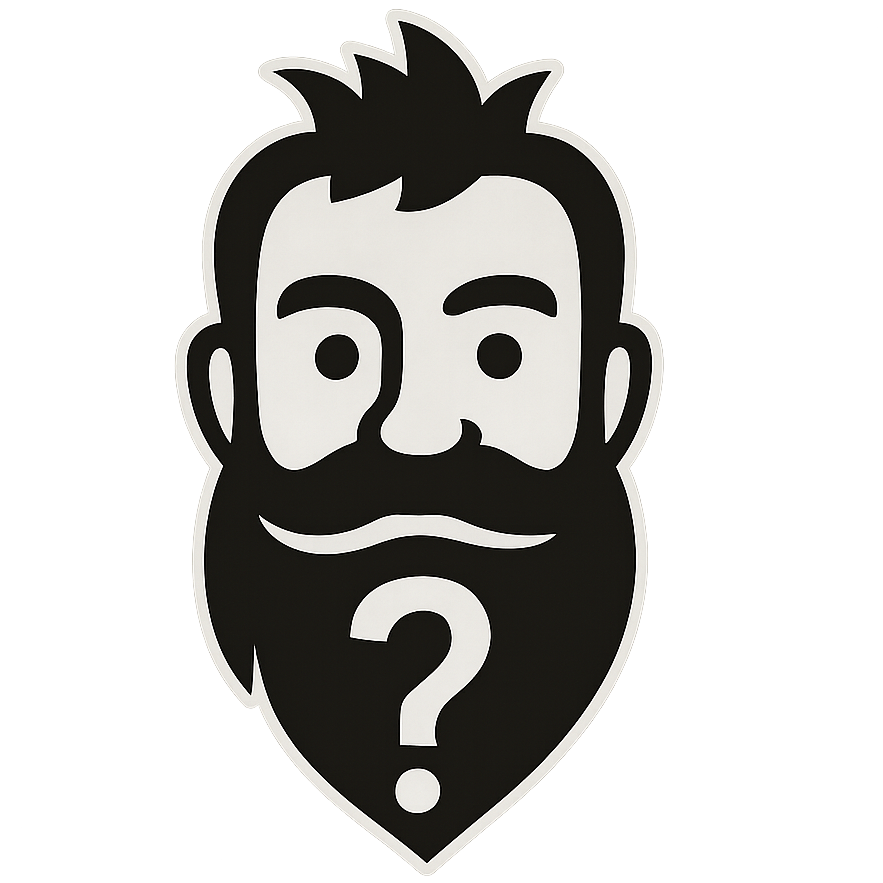Why do people adopt political ideologies, and how do these ideologies function?
Why people adopt political ideologies
People rarely build their views one policy at a time. Instead they gravitate toward ideologies because these “ready-made packages of ideas” give them several benefits at once [1]:
- Cognitive economy
Politics is complex and information is costly. An ideology works like a mental map that lets voters infer what they should think about unfamiliar issues instead of researching each question from scratch [1][2].
- Social identity and belonging
Adopting a shared ideology signals group membership, creates a sense of community, and can confer status inside that group [1][3].
- Moral coherence
Many people prefer a worldview in which their positions feel ethically consistent. An ideology supplies a narrative linking disparate issues to common moral principles [3].
- Material or instrumental interests
Some citizens choose the ideology they believe will advance their economic or security interests, or the interests of groups they care about [1].
- Elite cues and persuasion
According to the “receive-accept-sample” framework, citizens take signals from trusted elites and media; ideology spreads when those elites bundle issues together and repetitively frame them as logically connected [2].
How those ideologies then function
- Constraint and prediction
Because ideologies link positions, knowing someone’s stance on one headline issue lets observers predict how they will treat many others [1]. This makes coordination easier for parties, activists, and voters.
- Coordination devices
When thousands of actors must cooperate (donors, activists, legislators, think-tanks), a shared ideological label lowers transaction costs: everyone knows roughly what goals and policies are “inside the tent” [1].
- Mobilisation tools
Clear ideological stories create enthusiasm and anger, two key ingredients of turnout and political engagement [1].
- Policy translation
Once in office, politicians use ideologies as decision rules: if a problem fits the ideological map, the appropriate policy is already sketched. This speeds law-making but can also lead to rigidity [1].
- Signalling and branding
Candidates and organisations employ ideological labels as brands to attract volunteers, donors, and international allies [1].
Points of scholarly disagreement
Some scholars emphasise self-interest and material benefits (e.g., traditional economic voting theories), while others argue that identity and moral motives dominate mass politics [3]. Zaller’s information-processing model adds that most citizens adopt whatever ideological mix is being promoted by elites they already trust [2]. These emphases are partly in tension but can be reconciled by recognising that multiple motives operate at once and their importance varies across individuals and contexts.
Implications for public discourse
Because ideologies economise on information and foster group identity, they are powerful but sticky. Public debates often revolve around which new issues should be “pulled” into an existing ideological bundle (climate policy, digital privacy), a process that can shift coalitional lines suddenly once elites decide how to frame the issue [1]. Understanding the cognitive, social, and strategic functions of ideologies makes it easier to see why persuasion is hard: for many citizens, abandoning one position threatens a whole identity package, not just a single opinion.
Sources
- Optimally Irrational. “Why and How Political Ideas Matter.” https://www.optimallyirrational.com/p/why-and-how-political-ideas-matter
- John Zaller. The Nature and Origins of Mass Opinion (1992). https://press.princeton.edu/books/paperback/9780691023718/the-nature-and-origins-of-mass-opinion (emphasises elite cues; may downplay strong personal ideology)
- Jonathan Haidt. The Righteous Mind: Why Good People Are Divided by Politics and Religion (2012). https://righteousmind.com (focuses on moral foundations; argues identity and emotion, not material interest, dominate)
(2) and (3) differ on whether ideology arises mainly from elite cue-taking (Zaller) or from deep-seated moral intuitions (Haidt), though both agree that ideology organises beliefs.
